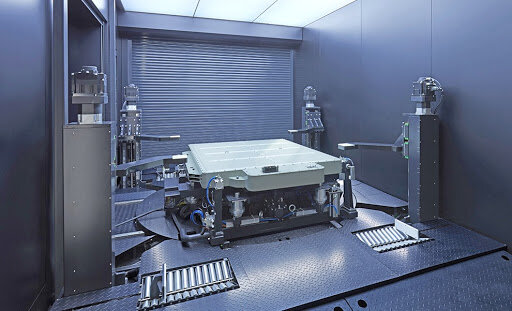Asia Is Making Power Battery More Sustainable
Under the challenge of power battery shortage, Asia is building a robust circular battery economy. Both in the downstream sector and upstream sector, EV giants are producing their own power batteries and making batteries more recyclable.
BYD, for example, is the first Chinese EV company to make lithium-ion batteries. BYD expanded their business to manufacture battery cells and IGBT transistors, the two most expensive components in an EV.
Meanwhile, Nio has launched battery-as-a-service (BaaS) under 'Nio-Power', offering charging and swapping of batteries for EV owners. BaaS users can buy a Nio car without the battery and enjoy more than USD 10,000 off on all NIO models. They can subscribe to a 70-kWh battery for USD 142 per month. In addition, BaaS represents a systematic solution to the long-existing challenges for EV makers, including not only battery shortage but also battery degradation, battery upgradability, and lower resale value.
As for the upstream sector, a Japanese cement company Taiheiyo Cement has started large-scale recycling of large lithium-ion batteries at its integrated Tsuruga plant last year. They used exhaust gases from clinker production as part of dismantling, crushing and sorting processes to extract precious metals from the batteries. A couple months ago, Taiheiyo also innovated technology and developed Nanoritia used as a positive electrode material for lithium-ion batteries. According to Taiheiyo, the product has excellent thermal stability and does not contain cobalt or nickel, which can sometimes be harder to source.
The shortage of power batteries and related materials is no doubt shaking Asia automobile industry. On the other hand, any technology that makes batteries and battery production more efficient, cost effective, and sustainable has strong potential to be game changing to the rapidly expanding EV industry, and so these types of breakthroughs are incredibly valuable.
Source : Clientchange
Please subscribe to our newsletter if you want to know more about Asian marketing. Leave your comments below to share your thought with us, and check out our thoughts on social media!


